Wholesale Baby Clothes Commercial: The Complete Guide for Retailers (2025)
Wholesale Baby Clothes Commercial: The Complete Guide for Retailers and Businesses (2025)
The wholesale baby clothes market has experienced unprecedented growth in 2025, driven by India's expanding middle class, increasing birth rates, and growing awareness about quality baby products. For retailers, boutique owners, and e-commerce entrepreneurs, understanding how to navigate the wholesale baby clothes landscape is crucial for building a successful business in this thriving sector.
This comprehensive guide provides expert insights into sourcing strategies, market trends, quality standards, and the most reliable suppliers in India's booming baby clothing wholesale industry.
Understanding the Wholesale Baby Clothes Commercial Market
The wholesale baby clothes sector represents one of the fastest-growing segments in India's textile industry. With an annual growth rate of approximately 12% in 2025, this market encompasses everything from basic bodysuits and rompers to premium organic collections and designer baby wear.
According to industry reports, India's children's clothing market, including the wholesale baby clothes segment, is projected to reach ₹1.2 lakh crore by 2026. This growth is fueled by increasing disposable income, changing lifestyle patterns, and parents' willingness to invest in quality clothing for their children.
Key Market Drivers
The wholesale baby clothes market thrives due to several factors:
- Rising Birth Rates: India maintains one of the world's highest birth rates, creating consistent demand for baby products
- Digital Commerce: E-commerce platforms have made it easier for retailers to source and sell baby clothes
- Quality Consciousness: Modern parents prioritize fabric safety, comfort, and durability
- Gift Culture: Baby clothes remain popular gift items, driving seasonal demand spikes
Major Wholesale Baby Clothes Hubs in India
Delhi: The Undisputed Leader
Delhi dominates India's wholesale baby clothes landscape, with Gandhi Nagar and Sadar Bazaar serving as primary distribution centers.
Gandhi Nagar Market houses over 2,000 shops specializing in children's wear. Key suppliers like World Win Fashion and LTP Industries offer extensive collections ranging from basic cotton sets to premium designer lines. The market operates from 10 AM to 8 PM, with peak business hours between 2 PM and 6 PM.
Sadar Bazaar complements Gandhi Nagar by focusing on accessories, hosiery, and basic wear. The market's strategic location near Old Delhi Railway Station makes it accessible for outstation buyers.
Surat: Export Excellence
Surat has emerged as a major player in the wholesale baby clothes export market. The city's textile manufacturers combine traditional craftsmanship with modern technology to produce high-quality baby wear for both domestic and international markets.
Kolkata: Eastern India's Gateway
Kolkata serves as the primary wholesale baby clothes hub for eastern India. Companies like Kid Factory have established strong online-to-offline presence, offering factory-direct pricing with home delivery options.
Ahmedabad: Value and Volume
Ahmedabad's wholesale baby clothe market excels in volume production at competitive prices. The city's textile heritage ensures consistent quality while maintaining cost-effectiveness.
Product Categories in Wholesale Baby Clothes
The wholesale baby clothes market encompasses diverse product categories:
Essential Wear
- Bodysuits and Onesies: Available in short-sleeve, long-sleeve, and sleeveless variants
- Rompers: One-piece garments perfect for active babies
- Sleep Sets: Comfortable pajamas and sleepwear in breathable fabrics
Seasonal Collections
- Summer Line: Lightweight cotton t-shirts, shorts, and dresses
- Winter Collection: Sweaters, jackets, and warm bodysuits
- Monsoon Wear: Quick-dry fabrics and rain-resistant options
Premium Segments
- Organic Cotton Lines: GOTS-certified organic baby wear
- Designer Collections: Fashion-forward pieces for special occasions
- Gift Sets: Coordinated clothing packages perfect for gifting
For retailers looking to source from verified suppliers, Indian Wholesale Market provides comprehensive listings of trusted manufacturers and distributors across these categories.
Quality Standards and Certifications
Success in the wholesale baby clothes market demands strict adherence to quality standards. Baby skin is delicate and requires fabrics that meet international safety requirements.
Essential Certifications
OEKO-TEX Standard 100: This certification ensures fabrics are free from harmful chemicals and safe for baby skin contact.
GOTS (Global Organic Textile Standard): Required for organic cotton products, GOTS certification guarantees environmental and social responsibility throughout the supply chain.
Fair Trade Certification: Increasingly important for ethically-conscious consumers, Fair Trade ensures fair wages and working conditions for manufacturers.
Fabric Testing Requirements
Quality wholesale baby clothes suppliers conduct regular testing for:
- Colorfastness to prevent dye bleeding
- Shrinkage resistance to maintain size consistency
- Tensile strength to ensure durability
- pH levels to prevent skin irritation
According to India's textile industry standards, these tests are mandatory for export-quality baby clothes and increasingly adopted by domestic manufacturers.
Sourcing Strategies for Wholesale Baby Clothes Commercial
Direct Manufacturer Partnerships
Working directly with manufacturers offers the best pricing and customization options. Leading wholesale baby clothes manufacturers like Organic & More and NoName Global provide:
- Minimum order quantities starting from ₹5,000
- Custom labeling and packaging services
- Seasonal collection previews
- Flexible payment terms including COD options
B2B Platform Utilization
Digital platforms have revolutionized wholesale baby clothes sourcing. Websites like IndiaMART, Alibaba, and specialized platforms list thousands of verified suppliers with detailed product catalogs and pricing information.
For comprehensive supplier access, Indian Wholesale Market offers curated listings of the most reliable baby clothes wholesalers, complete with user reviews and quality ratings.
Trade Show Participation
Industry events provide valuable networking opportunities and access to new collections. Major trade shows for wholesale baby clothes include:
- India Kids Fashion Week (Mumbai)
- Children's Wear & Accessories Fair (Delhi)
- Kolkata Fabric Expo with dedicated kidswear sections
Pricing Dynamics in Wholesale Baby Clothes Commercial
Understanding pricing structures is crucial for success in the wholesale baby clothes market.
Cost Factors
Several elements influence wholesale baby clothes commercial pricing:
- Fabric Quality: Organic and certified fabrics command premium prices
- Design Complexity: Simple designs cost less than intricate patterns
- Order Volume: Bulk orders receive significant discounts
- Seasonal Demand: Peak seasons (festival periods, winter) increase prices
Price Ranges (2025 Market Rates)
| Category | Price Range (₹/piece) | Minimum Order |
| Basic Cotton Sets | 80-150 | 50 pieces |
| Designer Rompers | 200-400 | 25 pieces |
| Organic Collections | 300-600 | 20 pieces |
| Gift Sets | 500-1200 | 10 sets |
Negotiation Strategies
Successful wholesale baby clothes buyers employ various negotiation tactics:
- Commit to regular orders for better rates
- Combine multiple product categories in single orders
- Leverage seasonal timing for end-of-season clearances
- Build long-term relationships with key suppliers
Technology Integration in Wholesale Baby Clothes
The wholesale baby clothes industry has embraced technology to streamline operations and improve customer experience.
Digital Cataloging
Modern suppliers provide:
- High-resolution product images
- Detailed size charts and measurements
- Fabric composition information
- Care instruction details
Online Ordering Systems
Advanced wholesale baby clothes platforms offer:
- Real-time inventory tracking
- Automated reorder reminders
- Digital sample ordering
- Integration with accounting systems
Quality Assurance Technology
Leading manufacturers use:
- Automated cutting systems for consistency
- Digital color matching for accuracy
- RFID tracking for inventory management
- AI-powered quality inspection
Marketing and Sales Strategies
Success in the wholesale baby clothes market requires effective marketing approaches tailored to target customers.
B2B Marketing Tactics
- Trade Publication Advertising: Reach wholesale buyers through industry magazines
- Social Media Presence: Showcase products on Instagram and Facebook
- Content Marketing: Share parenting tips and fashion advice
- Email Campaigns: Keep buyers updated on new collections
Customer Relationship Management
Building lasting relationships in the wholesale baby clothes sector involves:
- Regular communication with key accounts
- Flexible payment terms for trusted customers
- Priority access to new collections
- Customized product solutions
For marketing support and industry connections, retailers can access resources through Indian Wholesale Market's contact page.
Sustainability in Wholesale Baby Clothes Commercial
Environmental consciousness has become a significant factor in the wholesale baby clothes market, with parents increasingly choosing eco-friendly options for their children.
Sustainable Practices
Leading wholesale baby clothes suppliers implement:
- Water-efficient dyeing processes
- Renewable energy usage in manufacturing
- Waste reduction programs
- Recyclable packaging materials
Organic Product Lines
The demand for organic baby clothes has grown by 25% in 2025, with parents willing to pay premium prices for certified organic products. Key benefits include:
- Chemical-free fabric production
- Hypoallergenic properties
- Biodegradable materials
- Ethical labor practices
Future Trends in Wholesale Baby Clothes Commercial
The wholesale baby clothes market continues evolving with emerging trends shaping future growth:
Technology Integration
- Smart fabrics with temperature regulation
- Antimicrobial treatments for health protection
- Wearable technology integration
- Augmented reality for virtual fitting
Design Innovation
- Gender-neutral clothing lines
- Adaptive clothing for special needs children
- Mix-and-match modular systems
- Personalization options
Market Expansion
- Rural market penetration
- International export growth
- Online marketplace dominance
- Direct-to-consumer brands
Frequently Asked Questions (FAQ)
Q: What is the minimum order quantity for wholesale baby clothes commercial purchases?
A: Most suppliers require minimum orders between ₹5,000 to ₹25,000, depending on the product category and manufacturer. Premium organic lines may have higher minimums.
Q: How do I verify the quality and safety of wholesale baby clothes suppliers?
A: Look for OEKO-TEX, GOTS, and Fair Trade certifications. Request fabric testing reports and check customer reviews on B2B platforms like Indian Wholesale Market.
Q: What are the payment terms typically offered in wholesale baby clothes transactions?
A: Most suppliers offer 30-50% advance payment with balance on delivery. Established buyers may negotiate 15-30 day credit terms.
Q: Which seasons see the highest demand in wholesale baby clothes ?
A: Peak demand occurs during pre-winter months (September-November) and festival seasons. Summer collections see steady demand from March to June.
Q: Are there specific regulations for importing wholesale baby clothes commercial products?
A: Yes, baby clothes must meet IS 11871 standards for safety. International imports require additional certifications depending on the country of origin.
Conclusion
The wholesale baby clothes commercial market presents immense opportunities for retailers and entrepreneurs willing to understand its complexities and requirements. Success depends on choosing reliable suppliers, maintaining quality standards, and staying current with market trends.
By leveraging resources like Indian Wholesale Market, retailers can access verified suppliers, compare prices, and build sustainable businesses in this growing sector. The key lies in balancing quality, pricing, and customer demands while maintaining ethical business practices.
As India continues to strengthen its position as a global textile hub, the wholesale baby clothes commercial market will remain an attractive opportunity for businesses committed to serving this essential and ever-growing market segment.

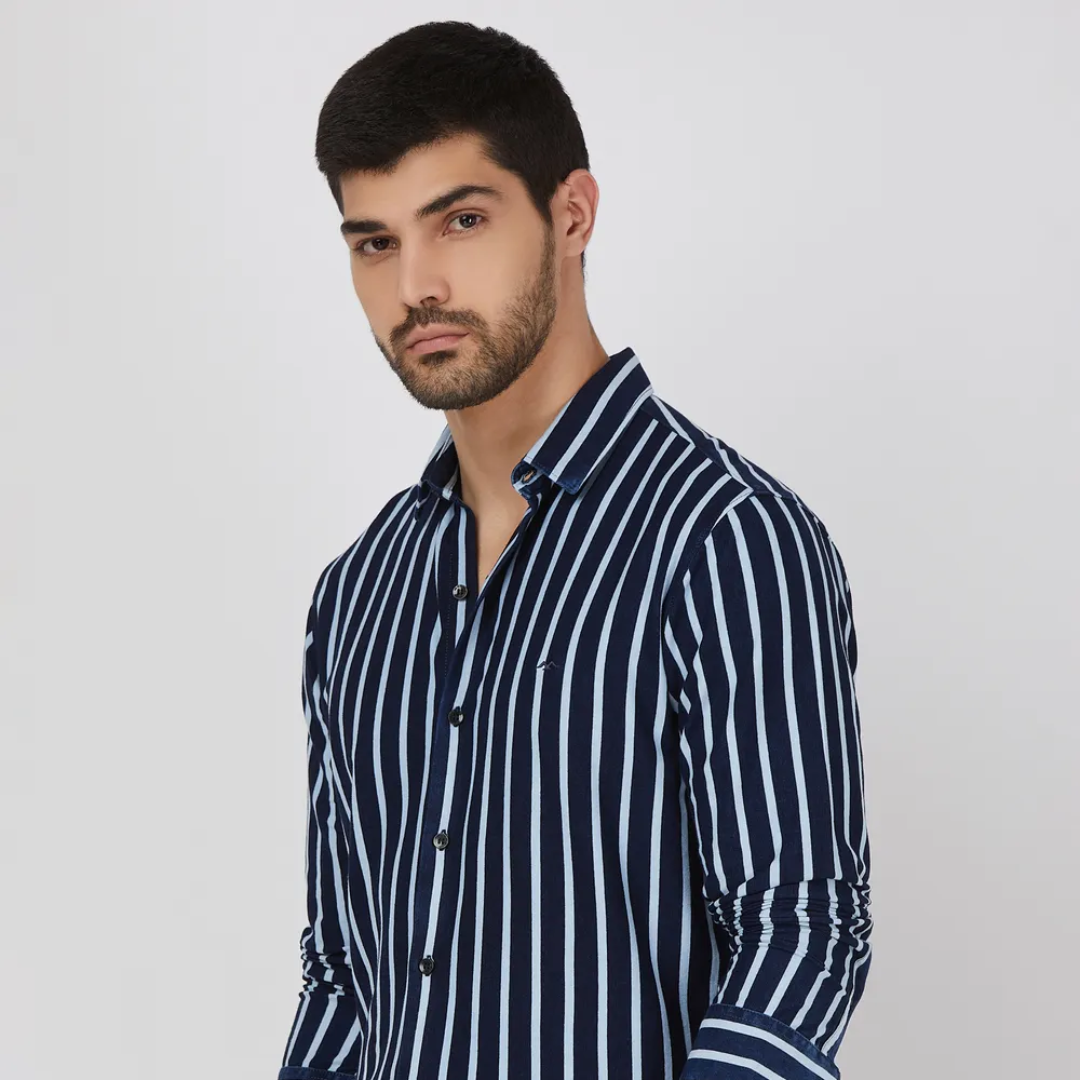
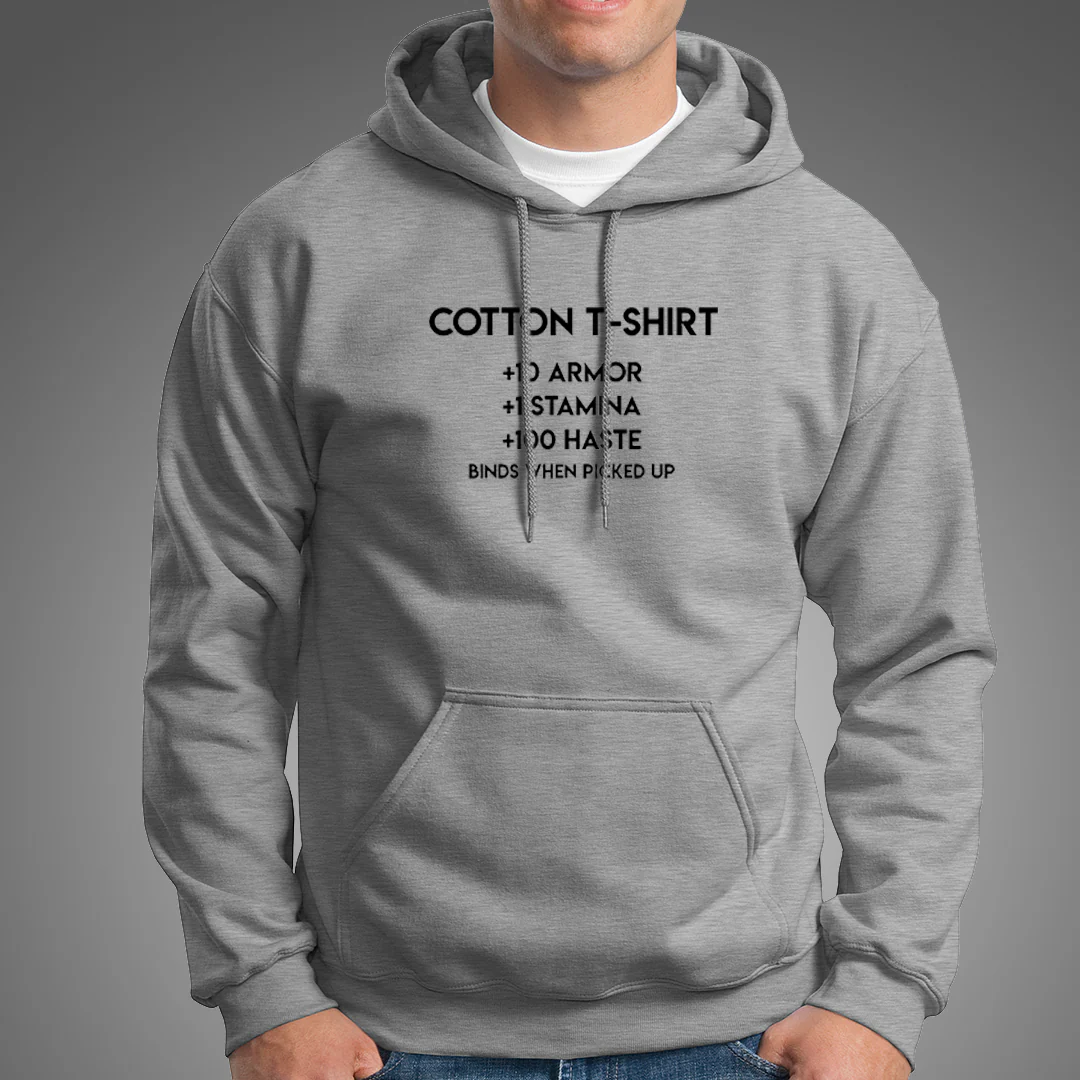
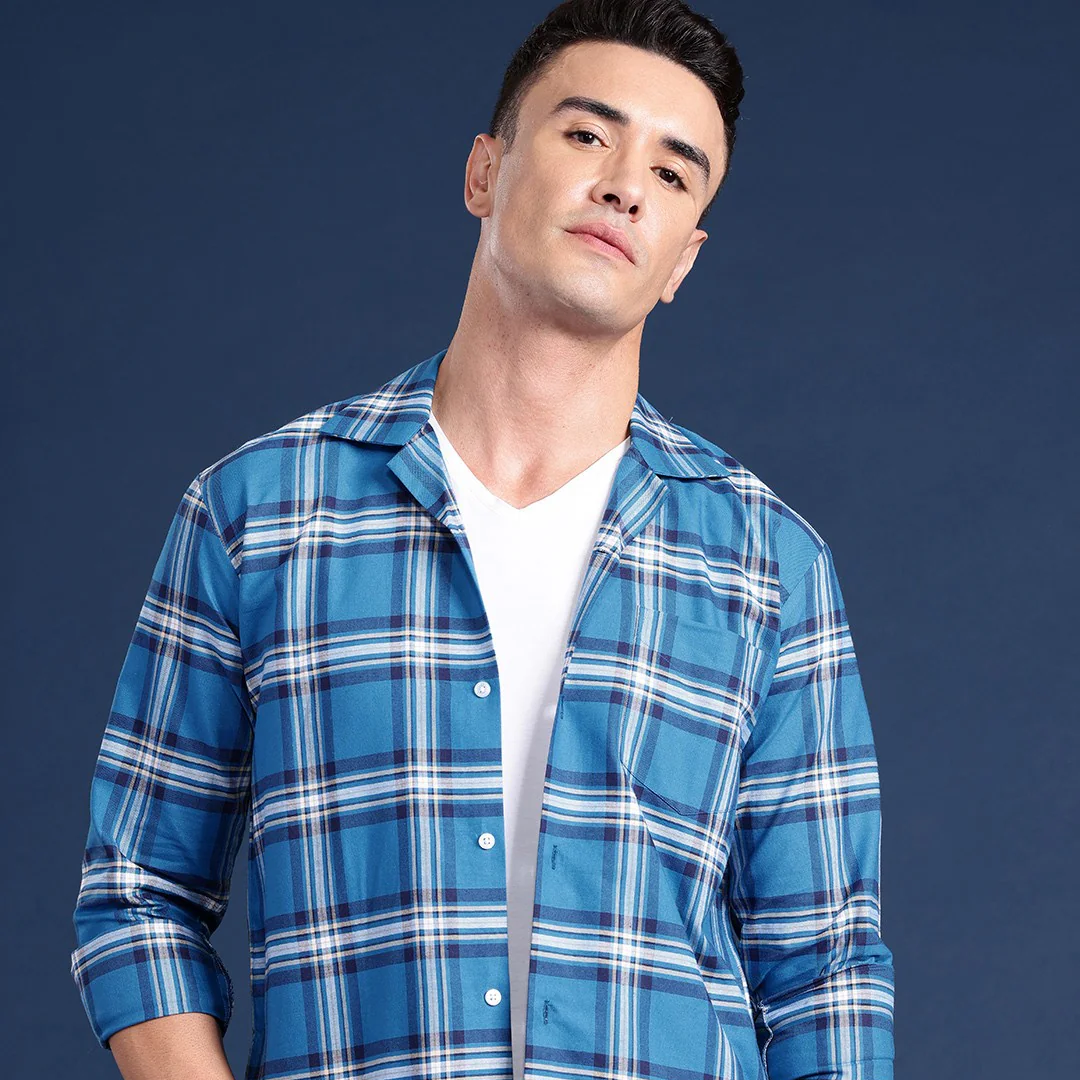
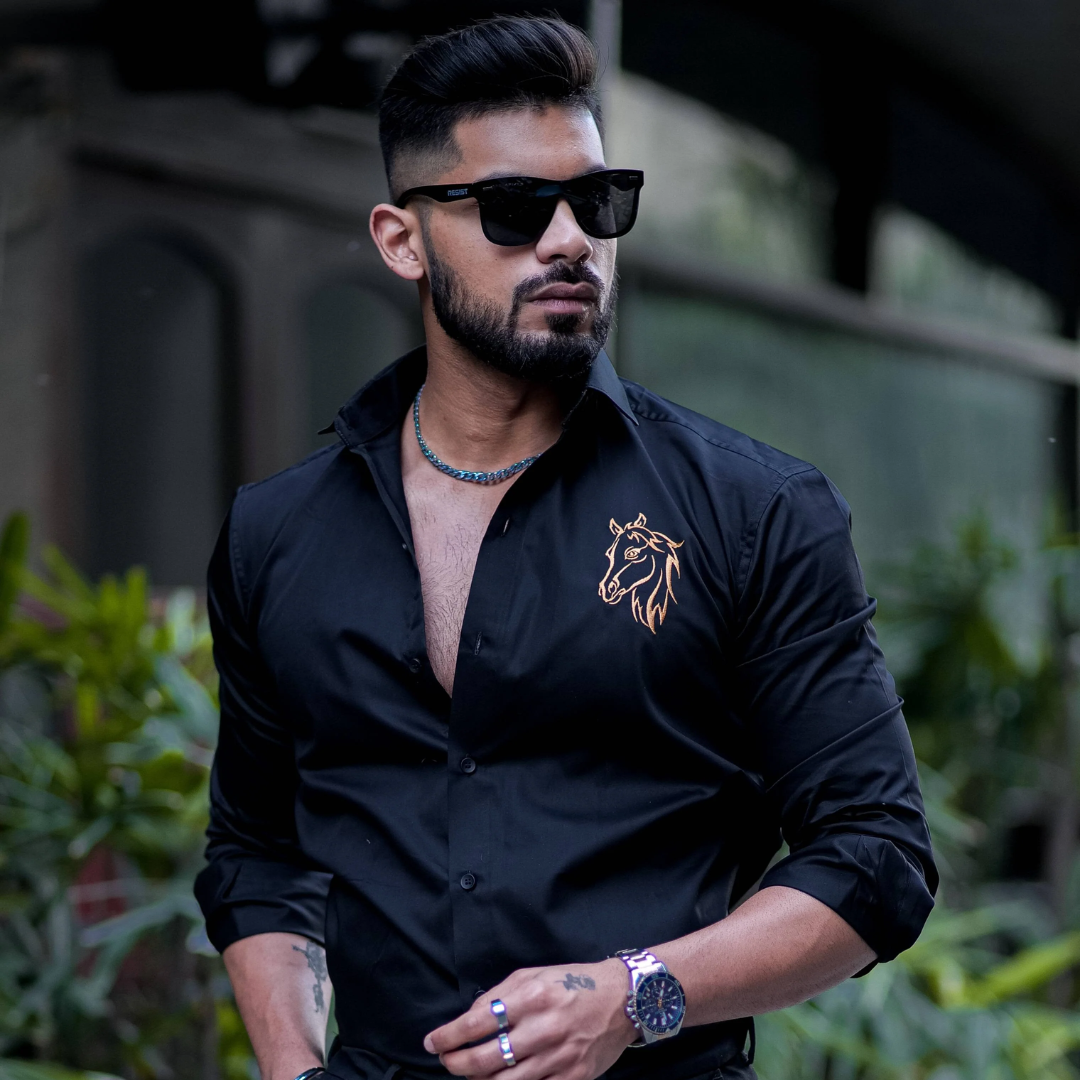
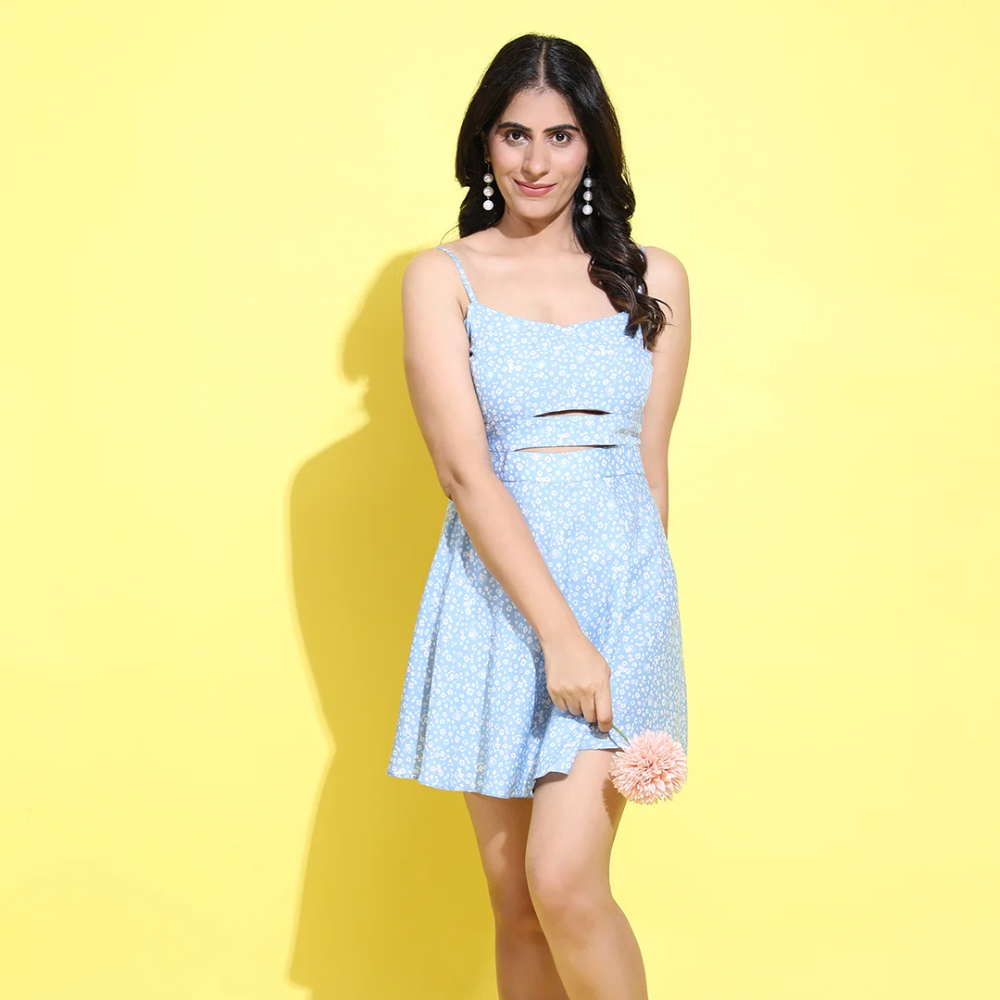
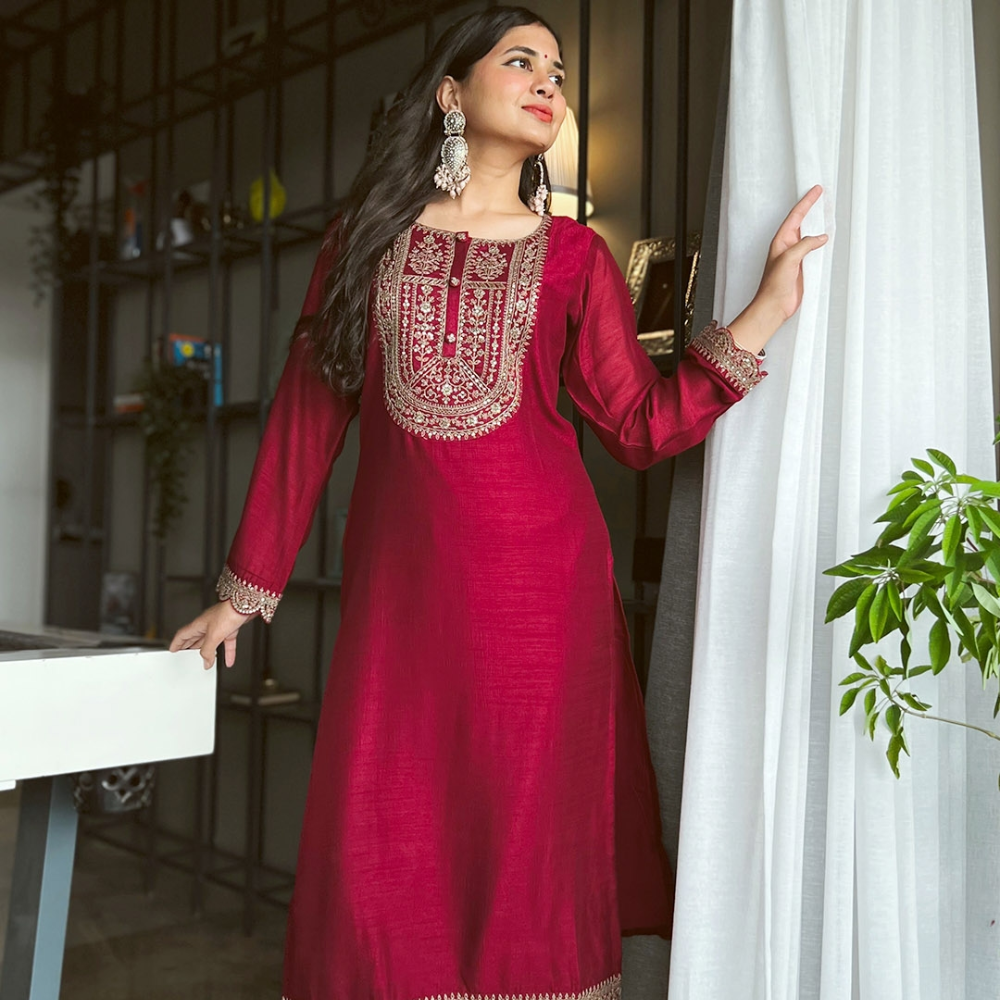
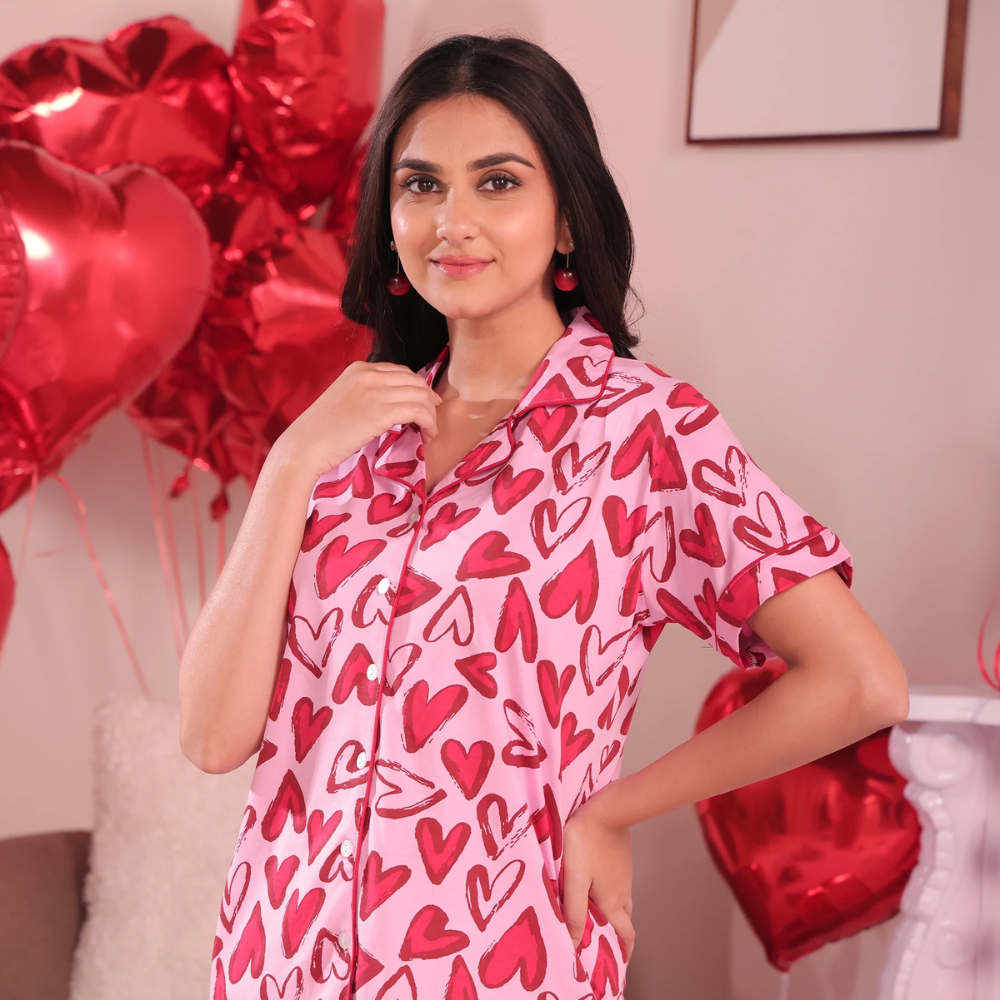
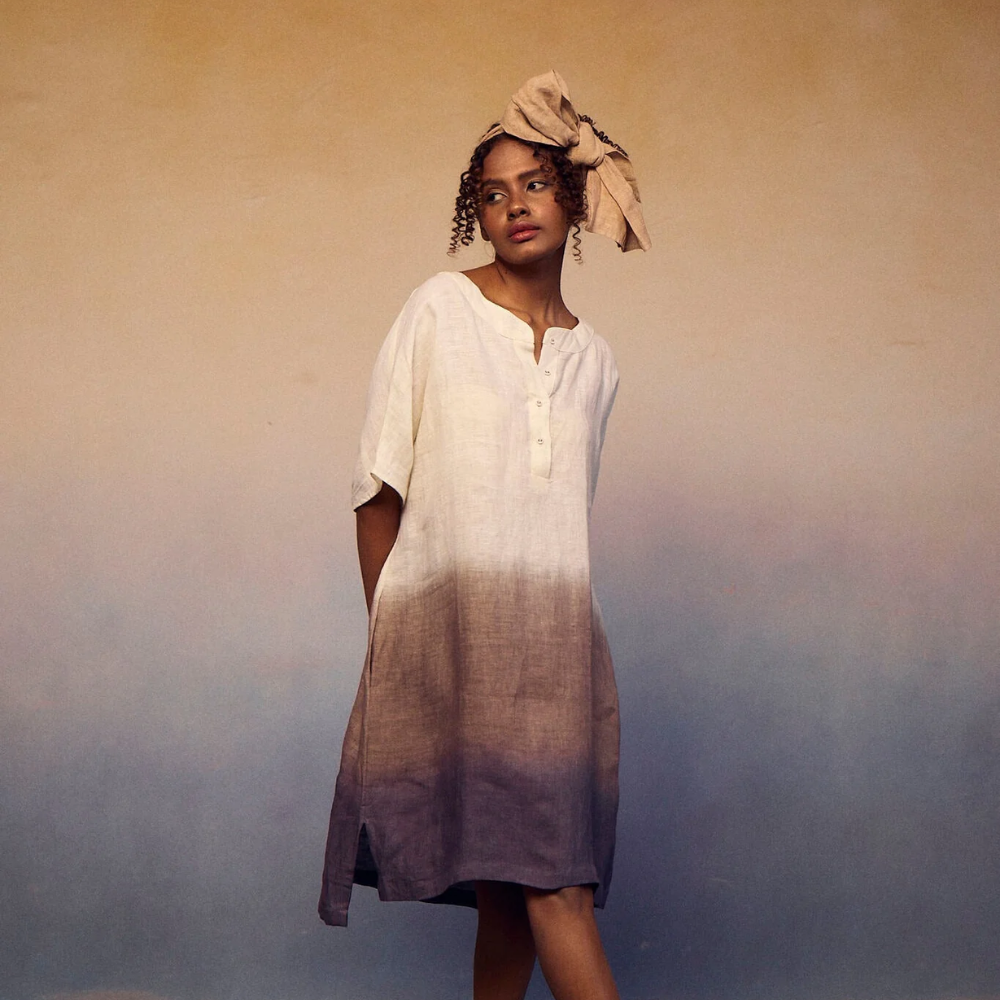
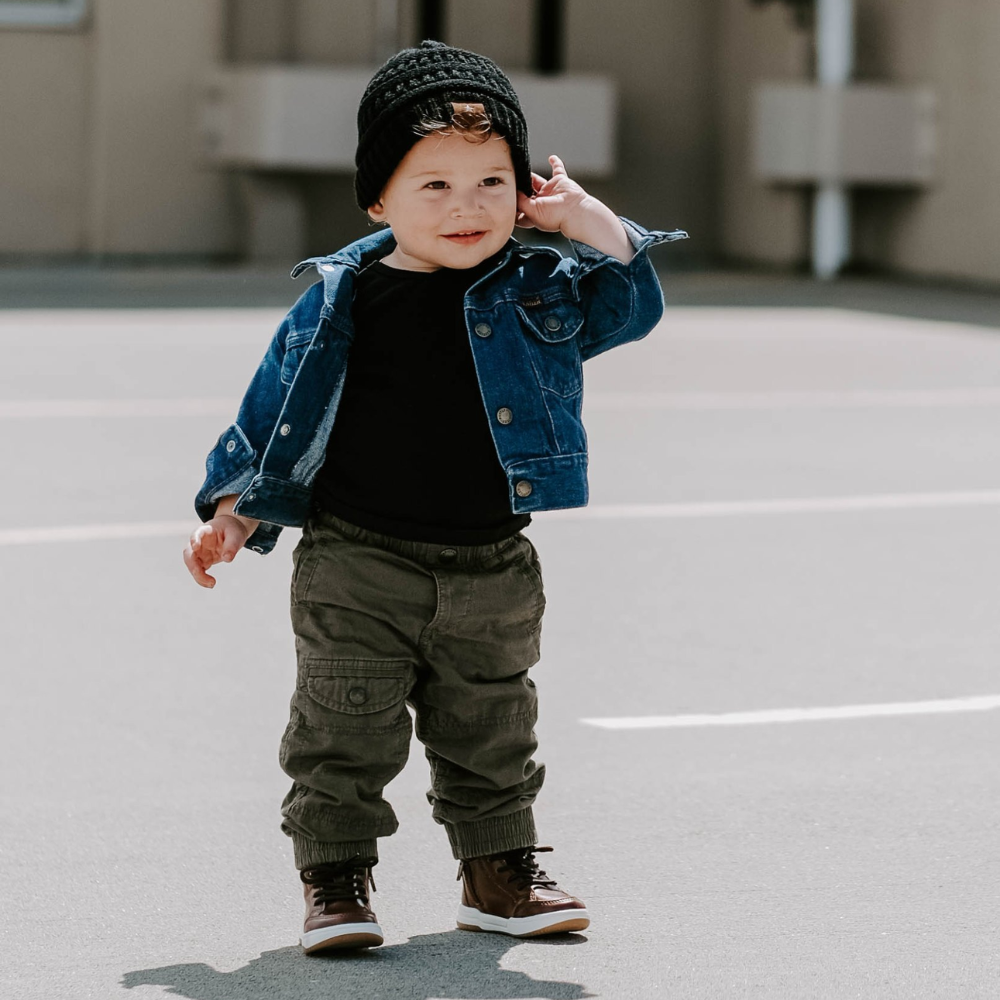
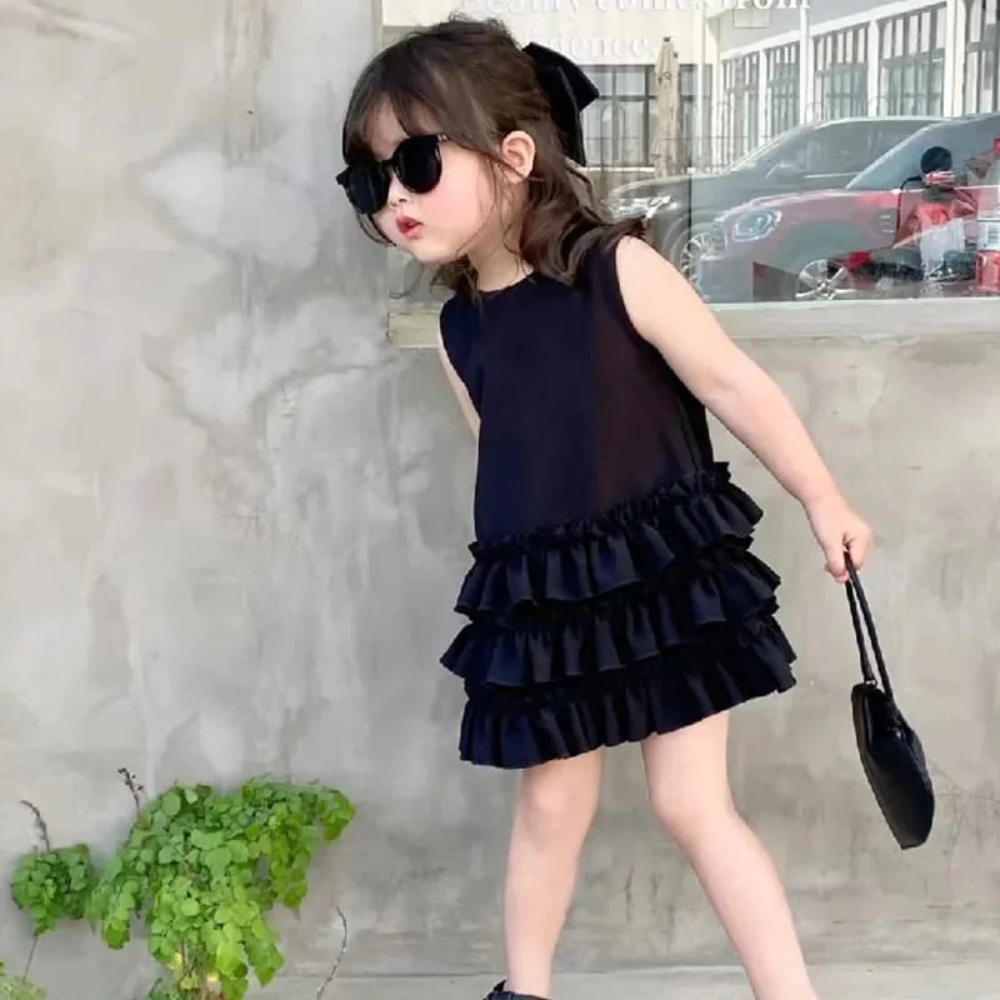




Leave a comment